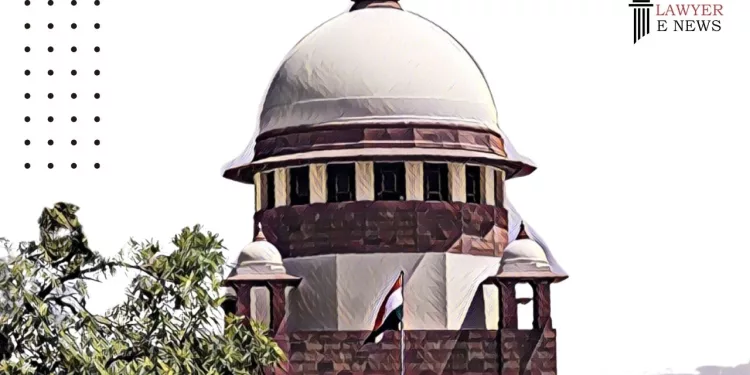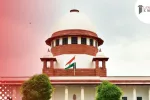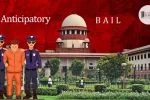Supreme Court Declares Retroactive Tax Amendments Invalid Post-GST Era

In a groundbreaking judgment, the Supreme Court of India, comprising Justices Aravind Kumar and S. Ravindra Bhat, has rendered a significant verdict declaring retroactive tax amendments to the VAT Acts of Telangana, Gujarat, and Maharashtra invalid. The judgment, delivered on October 20, 2023, carries far-reaching implications for the nation’s taxation system.
Section 19 is not a mere legislative device but is part of the same Amendment Act that revamped the Constitution.
Conclusion that there were no limitations under Section 19, and it constituted the expression of sovereign legislative power to make necessary changes through amendment to existing laws.
Lack of competence of the legislature post-GST regime – Amendments to the Maharashtra VAT Act also invalidated for the same reasons.
This landmark judgment, delivered after meticulous consideration of constitutional provisions and legal principles, reaffirms the sanctity of the Goods and Services Tax (GST) regime and its implications on state taxation powers.
The case, which involved a multitude of appeals, revolved around the validity of amendments made to the VAT Acts of Telangana, Gujarat, and Maharashtra following the implementation of the GST regime on July 1, 2017. The High Court judgments in these matters were closely examined, with the Bombay High Court’s judgment being set aside due to amendments requiring pre-deposit being held void.
One of the central issues addressed in the judgment was the interpretation of Section 19 of the Constitutional Amendment Act, which deals with the power to amend or repeal existing laws. The Supreme Court’s observations emphasized that Section 19 was not a mere legislative device but an integral part of the same Amendment Act that revamped the Constitution. It further asserted that there were no limitations under Section 19, making it a powerful expression of sovereign legislative power to effect necessary changes through amendments to existing laws.
The judgment also delved into the concept of retroactive amendments to VAT Acts, particularly in Gujarat and Maharashtra. The Court found that these retrospective changes lacked competence post-GST regime, leading to their invalidation. This decision is expected to have substantial consequences for similar cases involving retroactive tax amendments.
This ruling underscores the importance of upholding the constitutional framework established by the Goods and Services Tax (GST) and ensuring that state taxation laws align with the post-GST era. It sets a significant precedent for the interpretation of transitional arrangements and the limits of legislative competence in the context of taxation.
With this landmark judgment, the Supreme Court has provided clarity on the legal landscape surrounding state taxation post-GST, reinforcing the constitutional principles that govern the Indian taxation system.
Date of Decision: October 20, 2023
THE STATE OF TELANGANA & ORS. vs M/S TIRUMALA CONSTRUCTIONS






